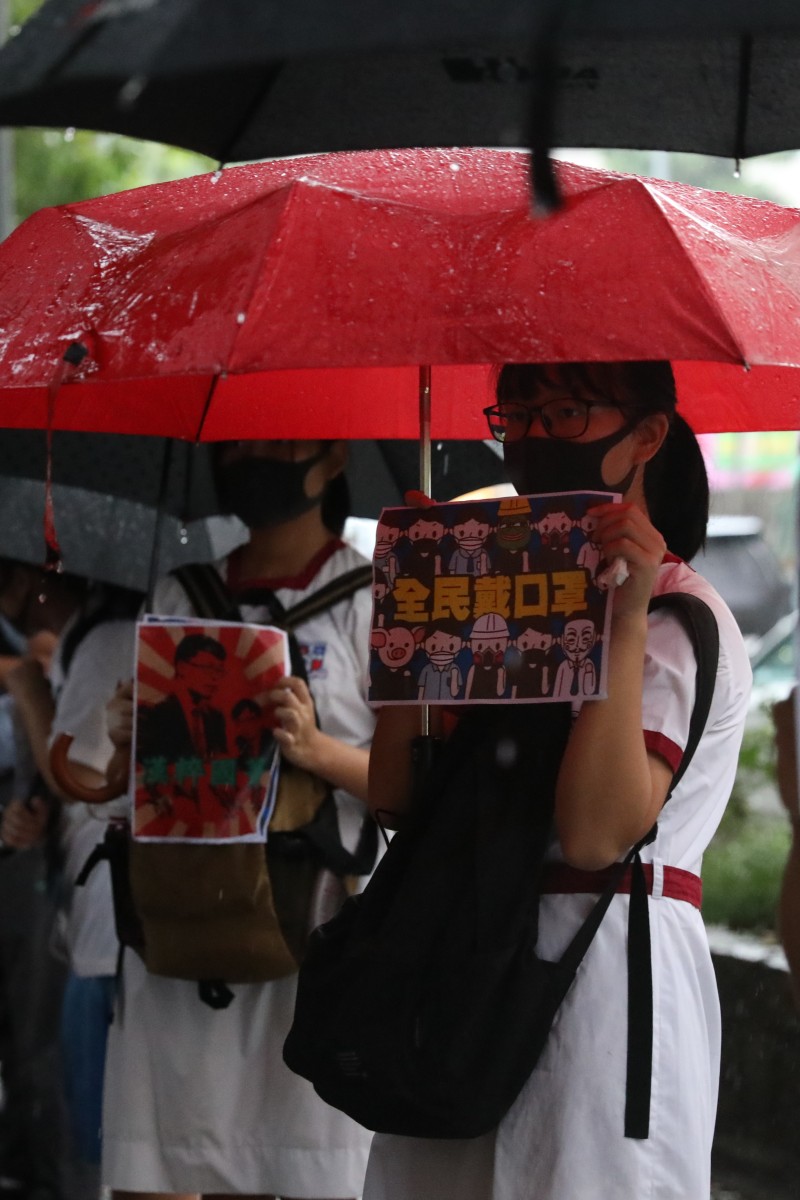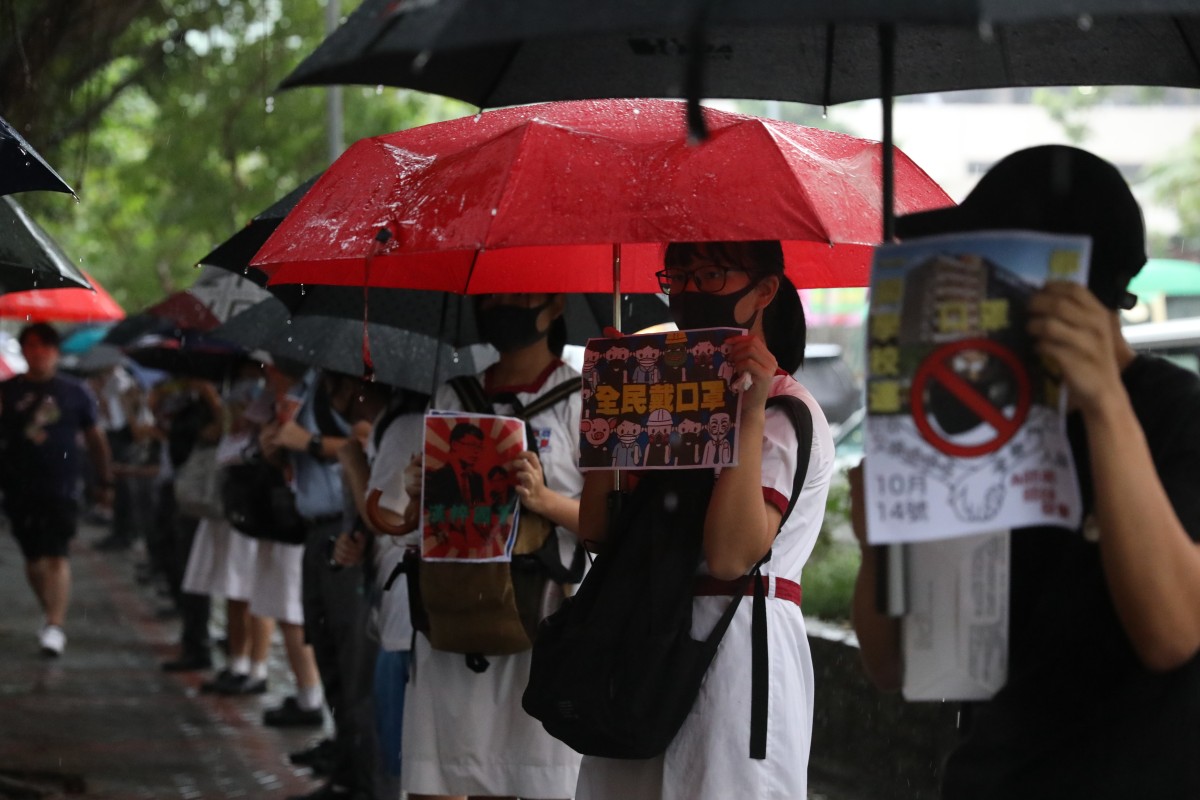
Face off: Should we talk about politics in schools?
Each week, two of our readers debate a hot topic in a parliamentary-style debate that doesn’t necessarily reflect their personal viewpoint. This week …
 The greater anti-government protests have entered school, with many students arrested.
The greater anti-government protests have entered school, with many students arrested.Zachary Perez Jones, 14, South Island School
I think it is vital that schools provide a platform for everyone to discuss politics and current affairs. The world can be a very complicated place, and it is hard to understand. Talking about politics at school allows students to get a better idea of what is going on, so they can form their own opinions.
Once you leave school, politics will inevitably be a big part of your life. Once you turn 18, you can vote, and it is not as straightforward as ticking a box.
You need to understand what issues are the most important to you, and be informed. How are students supposed to know this if they have been sheltered from it for most of their lives?
We have also seen a massive increase in the amount of fake news recently, a lot of it spread around by those with little to no knowledge of politics. More exposure to politics through discussions would help students distinguish what is real, and what isn’t.
With tensions running high at the moment due to the ongoing protests, it is also essential for us to hear other people’s perspectives and opinions in a controlled and
safe environment.
At school, students have a better chance of engaging in peaceful discussions, especially with the supervision of teachers, than if they expressed themselves elsewhere in society.
I think a better and more meaningful way to express your views would be to talk, in a group, about how you feel and hear how others think.
Exchanges of opinions also help students think critically about current social issues and help to push them to be more accepting and open-minded.
In all, there are so many benefits of talking about politics in school. As long as the ground rules, like mutual respect and understanding, are laid, there shouldn’t be problems doing this.
Face off: Does artificial intelligence do more good than harm to mankind?
Charlotte Fong, 17, International Christian School
With Hong Kong recently rocked by anti-government protests, politics is inevitably one of the most talked about topics. However, it is unwise for students to discuss politics at a place of harmonious learning.
We have been taught to respect and listen to others that hold a view that may be opposed to our own. However, there is still a possibility that conflict may arise because of contentious issues. Students may attempt to convince classmates to support their specific view, and finding out that they cannot do so, they may harbour ill feelings for a particular classmate.
School is a safe space for learning, and should not be dragged into the mess of political polarisation.
If students are too busy sorting their classmates into categories based on their political allegiances, they may begin to forget that they are in fact members of a collective learning community – here to lift each other up, not to create division.
Our livelihoods are constantly affected by decisions made by politicians, and students undoubtedly want the best for their future. However, classrooms are not the best
place for these discussions to take place.
Schools should adopt an impartial approach when dealing with sensitive issues, as their main objective is to facilitate learning. With that being said, it does not mean that meaningful and respectful conversations about politics cannot take place among peers.
Students certainly do spend considerable time engaging with current affairs outside school. Administrators should not object to what students do outside class, in their personal free time, but should strive to ensure a harmonious politics-free learning environment.